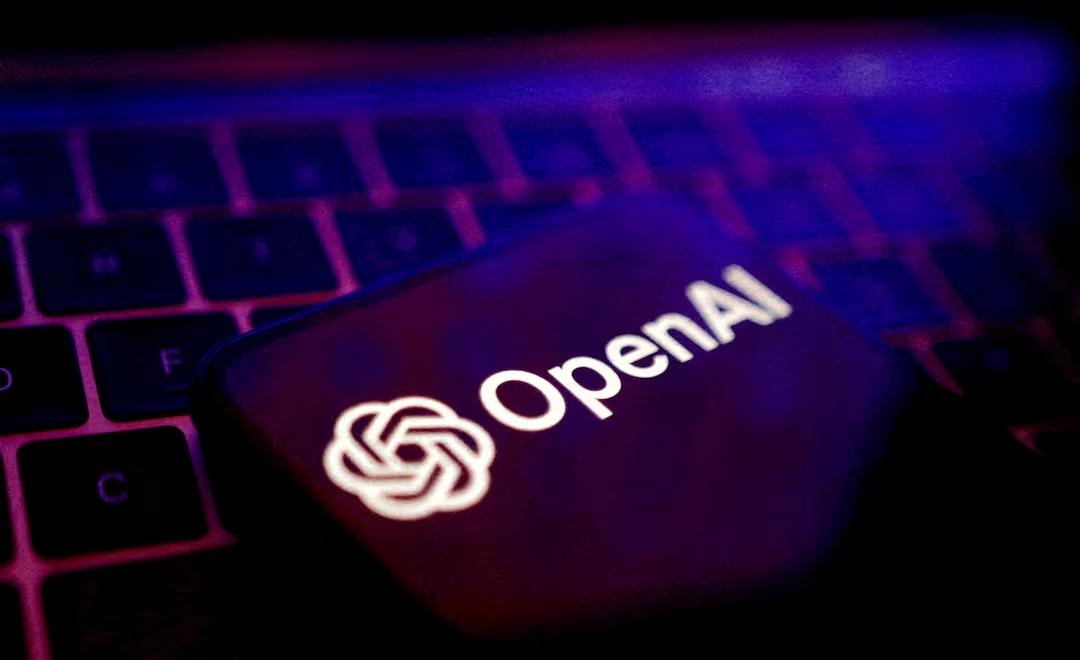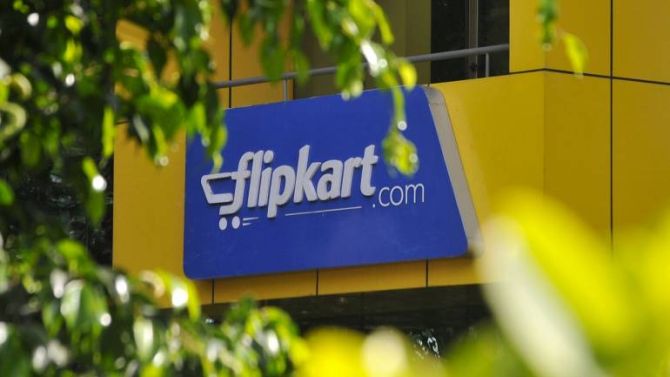India has always led in developer talent and now has a strong opportunity to lead in AI talent, OpenAI Global Chief Strategy Officer (CSO) Jason Kwon said on Thursday as the ChatGPT-maker launched OpenAI Academy in partnership with IndiaAI Mission.

Illustration: Dado Ruvic/Reuters
In an interview to PTI, Kwon said that India – which has the second largest number of ChatGPT users – is among the most important countries for OpenAI in terms of engagement.
India has always had the “ingredients to succeed”, he noted. OpenAI, he pointed out, is eyeing partnerships that will help build the future of AI infrastructure in India.
“India is one of our most important countries around the world in terms of engaging.
“It is a place that has the second largest number in terms of ChatGPT usage, and has grown over 3-fold year-over-year,” Kwon said.
Users in India have shown a lot of creativity in terms of engagement on use of image generator tool which has been “really, really popular”, he said about the runaway success of GPT-4o and Ghibli-inspired AI art that became an instant hit in India.
Open AI is betting big on India, with Kwon saying the country has always led in developer talent, and has a strong opportunity to lead in AI talent now.
“India has always led in developer talent, and I think now India has an opportunity to lead in AI talent, and we are here to help with that,” he said.
OpenAI, in partnership with IndiaAI Mission under the IT Ministry, on Thursday launched the OpenAI Academy India, marking the first international expansion of the ChatGPT-maker’s education platform.
The initiative seeks to broaden access to AI education and tools, tapping into India’s fast-growing developer community, digital infrastructure, and network of startups and innovators.
Kwon said this first International Academy is all about “helping people learn about AI and increase AI literacy.”
“It’s about helping people understand how to use AI, and also it’s about helping people learn how to build with AI.
“And we’ve helped lots of people get into the field, and we’re hoping to help lot more people in India get into AI and make use of that developer talent that India already has, and expand into AI,” he said.
OpenAI, he said, is looking for partnerships that will help build the future of AI infrastructure in India.
“So we are looking for partnerships that are going to help build the future of AI infrastructure in India with some of the best companies in India on the private side,” he said.
On IndiaAI Mission and the country’s ambitions to build indigenous foundation models, Kwon said, “India has always had the ingredients to succeed.”
“It has the talent in terms of technical capability. I think it has a great government plan to increase compute capacity in the region, and that’s part of the reason that we’re here also with the OpenAI for countries initiative , which is, how do we partner with the government as well as private sector, to help build up that capacity,” he said.
Ultimately, whether India wants to train foundation models within the country or to leverage foundation models trained outside country, is up to Indian developers and ecosystem.
“We’re just here to help find out and figure out how to help India develop AI that’s for India, by India and of India,” he said, and observed India has always had abundant technical talent.
“Its technical universities are world class, and they’ve produced some of the best engineers and researchers in the world.
“A lot of them work at our company, and I think more talent is going to come from India, and it’s going to be a vital part of the future of India in both AI and software in general,” Kwon said.
Asked about OpenAI’s investment plans for India on 12-18 month horizon, he said that is already in focus with the launch of the OpenAI Academy and in contributing to the development of talent here.
“In terms of further investment in India, we have also announced additional grants to philanthropic organisations, the accelerator program that we have supported to help with extension of social impact benefits of AI, and we continue to develop features for the startup ecosystem that develops for the local market here, using our models. All those investments will continue,” Kwon said.
To a question on India staking claim in global AI race with an all-out offensive around foundation model, talent, computation capacities, Kwon noted that there are “many ways” to participate in the so-called AI race and that India is well positioned to be a participant in that competition.
“One of the ways in which India has always done well is in application development, and I think that is where a lot of value is going to be created in the AI ecosystem.
“You already see that with some of the best applications right now happening in coding, and I think that software developers in India are really working with the models to develop on top of them today.
“There can be also indigenous development of the models here in India, and I think that we’ll see what the future brings in that respect,” he said.
To a question on whether OpenAI is planning to set up data centers in India to comply with local data laws, he said: “I think that will be probably part of the future, because that is one of the reasons we are here with OpenAI for countries initiative, which is to help plan out the local data center capacity building for India.”
That would require a partnership between the public and private sector, and “we’re here to help bring those partnerships together, and also help contribute to the development of sovereign and national AI,” he said.
Speaking at the launch of OpenAI Academy, Kwon said India is becoming the global AI powerhouse with the world’s second highest number of ChatGPT users.




